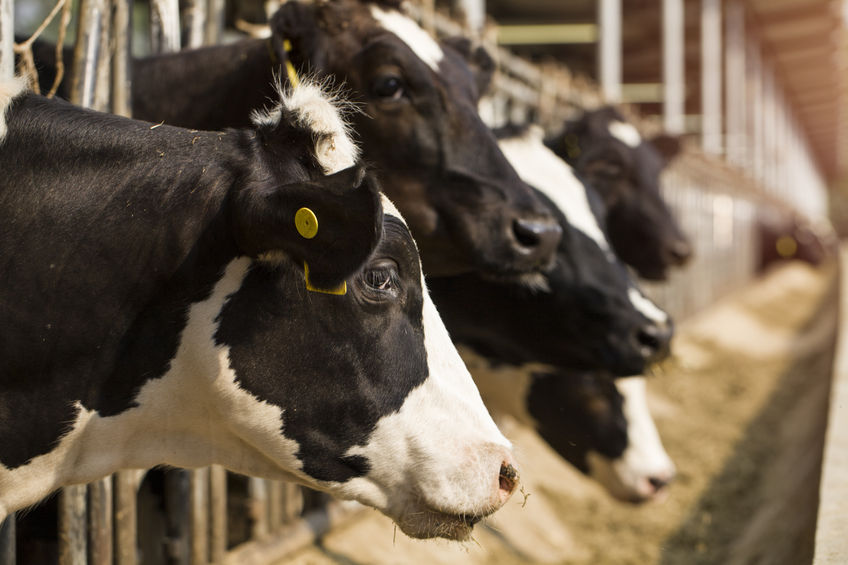
Farmers have been told to plan now and make the most of grants and alternative funding as a way to replace lost income from the EU's Basic Payment Scheme.
Dairy farmers have been urged by farm consultant Simon Haley to plan their next step when BPS payments start to reduce in 2021.
In a Funding and Grants Webinar organised by the Royal Association of British Dairy Farmers (RABDF), Mr Haley noted that £79,700 is the average income on a dairy farm.
He explained, however, that a significant chunk of the sum is made up from the BPS, essentially propping up a farmers' income.
Because of this, dairy firms will need to enhance their income from their core farming business such as milk sales, young stock sales and culls, Mr Haley added.
This will require farmers to become more efficient and concentrate on costs, as well as planning and tapping into opportunities to help with focus on productivity and diversification.
Farmers need to stress test their business to see how resilient it is, which could be done by playing out different financial scenarios, such as the impact of any losses due to poor weather and milk price cuts.
He highlighted that an all-year-round calving herd in the top 25% made 12.6p per litre more margin than the bottom 25% and their costs were 10.5ppl lower.
“Chasing turnover is not the only way to increase profit, equal emphasis should be put on reducing costs also.
"Think margin, not yields and focus on the cost of production,” he added.
Mr Haley also encouraged farmers to capitalise on grants now before it was too late: "If you are planning on doing any concrete work, hedging, stonewalling and tracks, for example, then apply to do it now.
"The Countryside Stewardship Scheme can help fund these sometimes up to 100 percent of costs covered.
"Although it is a postcode lottery as to whether you are in a high priority area, do not wait five years to look as they might not be available then- take advantage of them now."
He also outlined other steps farmers could take to help their businesses be more money savvy, including bounce back loan schemes.
Between £2,000-£50,000 is available for businesses - capped at 25% of their 2019 turnover - and no capital or interest repayments are needed in the first 12 months. A low 2.5% interest rate then follows.
“If you have existing debts at a higher interest then this could be a way to reduce the sums you are paying," Mr Haley explained.
"Or if you have capital works you are planning to do under a stewardship or productivity scheme then this government-backed loan can give you a lump sum of money without affecting existing debt.
“Remember though it is a loan not a grant so it will need repaying,” he said.
